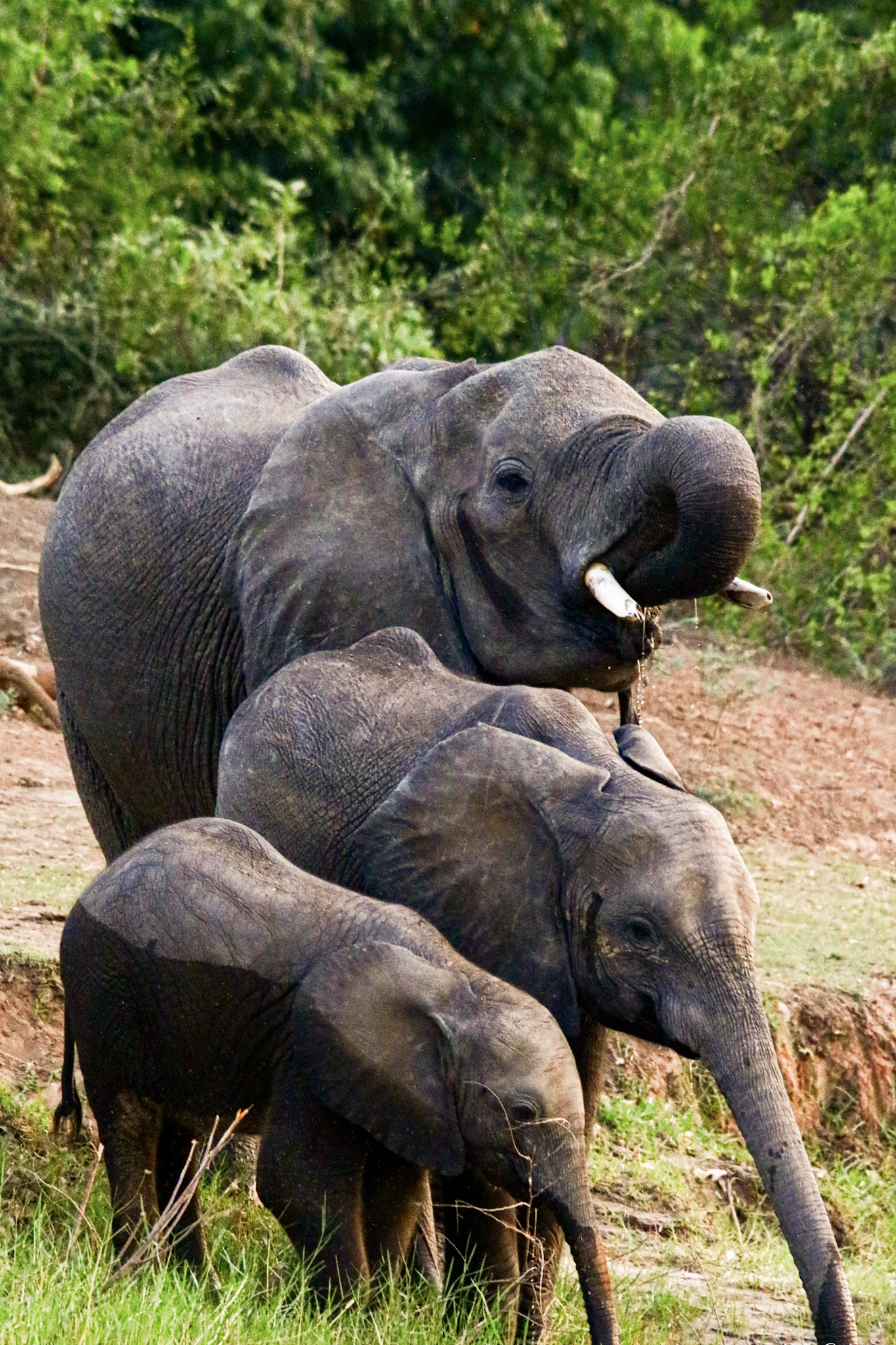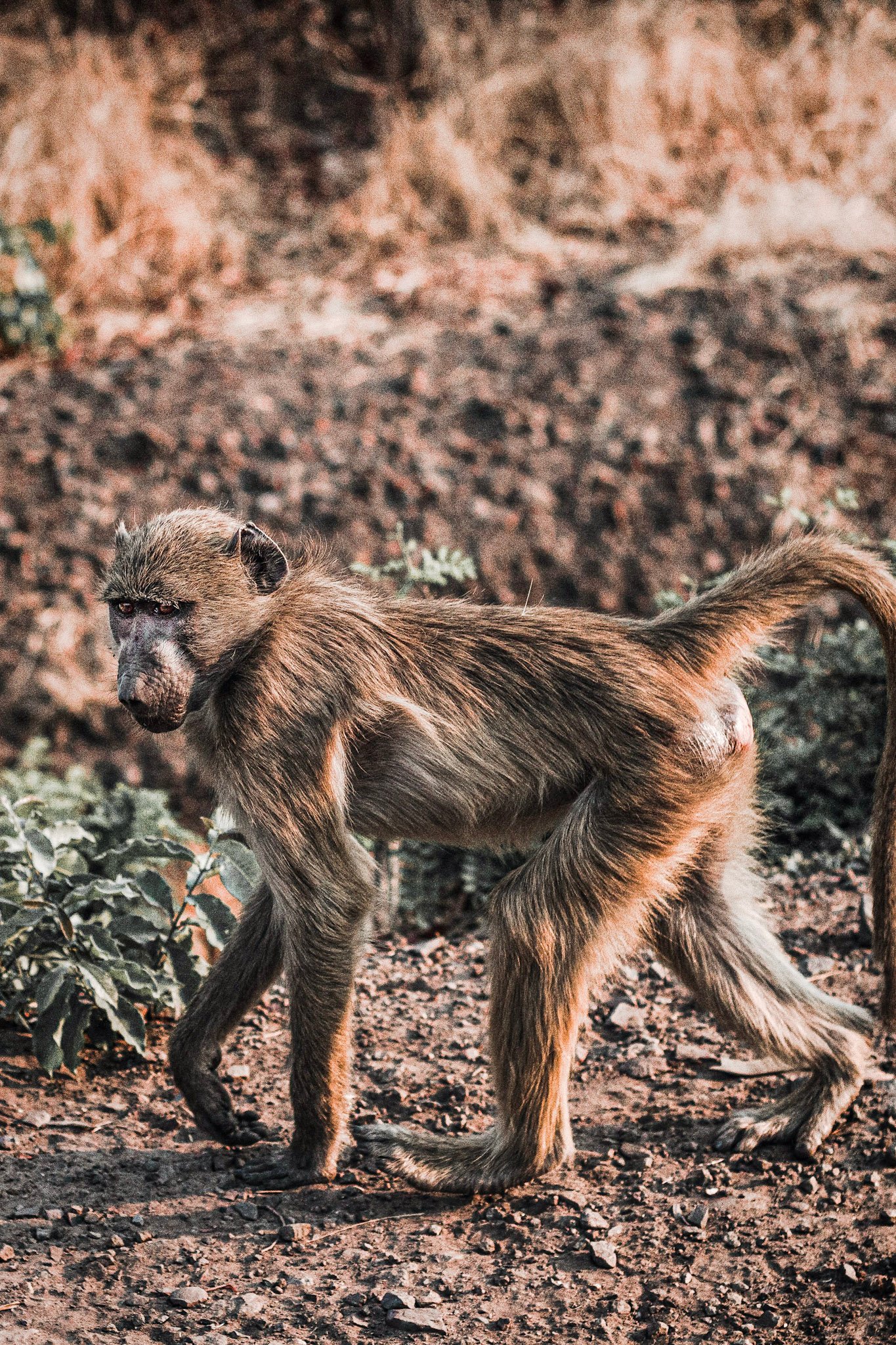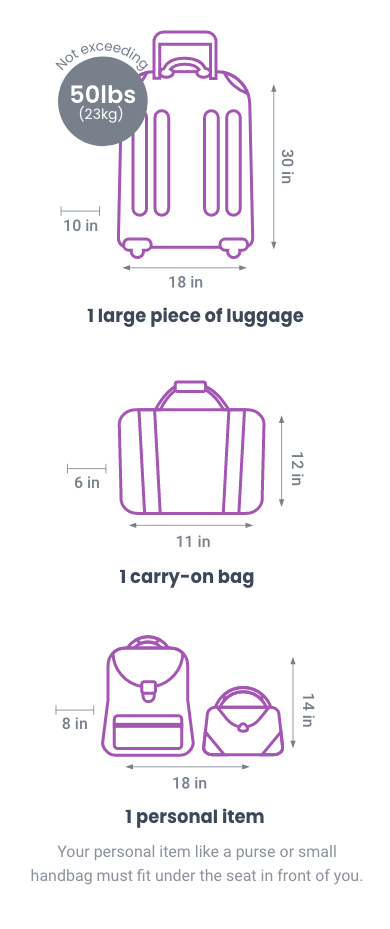About Victoria Falls
Overview
Victoria Falls, on the border between Zimbabwe and Zambia, is one of the seven wonders of the world and is classified as a world heritage site. On the bucket list of many people around the globe, Victoria Falls draws hundreds of thousands of visitors every year. In full flow, it is the biggest single curtain of falling water in the world at 1708 meters long. The water plunges 100 meters in places, into a deep and winding gorge, full of turbulent rapids and whirlpools. One of the world’s most spectacular waterfalls, Victoria Falls is a breathtaking sight to behold.
Location: On the border of Zimbabwe and Zambia
Official Name: Victoria Falls / Mosi-oa-Tunya (The Smoke That Thunders)
Height: 355 ft (108m)
Time Zone: Central Africa Time (GMT +2)
Emergency Number: 999
Outlet: Types D/G


Packing List
Speak the Language
Language: Zimbabwe’s main languages are Shona, spoken by over 70% of the population, and Ndebele, spoken by roughly 20%. There are seven official languages in Zambia: Bemba, Nyanja, Lozi, Tonga, Luvale, Lunda, and Kaonde. English is the official language of government and is used for education, commerce, and law.
- Hello - Mhoro
- Goodbye - Sara mushe
- Thank you - Ndatenda
- Do you speak English? - Unotaura chirungu?
- How are you? - Makadii?
- I’m fine, thank you - Ndaswera ndatenda
- What’s your name? - Zita rako ndiani?
- My name is… - Zita randu ndi..
- Where is... - Kupi.
- The bathroom - Imba yekugezera
Google Translate: Google Translate: Download the Google Translate app or click here
.jpg)
Weather
VICTORIA FALLS WEATHERCulture Notes
- Malaria does exist in this area of Southern Africa, and hotels will have mosquito nets equipped to protect from bites. Before going to sleep please ensure that the nets are covering the bed completely, with no gaps for mosquitos to get through.
- Prevent getting bitten by wearing clothes that cover your bare skin. Long shirts, socks, shoes and long pants after dark – most mosquito bites occur below the knee. Speak to your doctor about options for antimalarial tablets.
- Insect repellent is the single most important line of defense. Make sure you bring enough of an effective (preferably stick or lotion) repellent and that you use it liberally and frequently! You need to look for the active ingredient (DEET) on the bottle.
- Until at least 2025, USD is the official currency of Zimbabwe. Local payment transfer apps similar to Zelle or Venmo exist, though we highly suggest carrying small bills in US currency. Botswana uses the pula. In both countries, cash is king. Expect many places to not accept credit cards, or to have high fees if they do.
- Our trucks are purpose-built, self-contained safari vehicles. Each seat will have access to a USB outlet to charge your devices.
- African conditions are extremely tough on vehicles. While we fastidiously maintain our vehicles at our workshops, you should not expect Africa to be your traditional touring experience. While it's certainly our aim to avoid them, it's important that you set off on your trip knowing that the occasional breakdown can happen and is best treated as part of the adventure. Due to wet weather, there may be times when we have to take an alternative route which will mean longer travel times.
- Each truck is equipped with lockers in the back to store your belongings, though you will need to bring your own lock to secure it if you wish.
- Trucks are also equipped with a water purification system, and we highly suggest bringing a reusable bottle. Local water is unsafe to drink or brush your teeth with, and you should be using purified or bottled water.
Tipping
Tipping Suggestions: Tips for Guides, drivers and restaurants are not included. Tips provide supplemental income, and, while not mandatory, are greatly appreciated. If the local teams have added to the experience, please reward them.
| Guides | USD $5-10 per person/per day | |
| Drivers | USD $3-4 per person/per day | |
| Restaurants | 10% of the total bill |
FAQ
Where can I find information on travel safety? Check out the US Department of State's website for the most up-to-date information on safety while traveling.
Is the water safe to drink? The tap water in some areas of Zimbabwe is fine to drink, and in others, it is not. We would recommend you always drink bottled water to be safe.
Do I need a Visa? For visa information, click here. Make sure your passport is valid for at least six months after you return home and has two or more blank pages. Otherwise, some countries may not let you enter.
What about vaccines? For vaccination information, click here.
Do you recommend travel insurance? While not required, we highly recommend all travelers get travel insurance for their trip to protect themselves from the unknown! Check out travel insurance options from our partner, worldnomads.com, or from a provider of your choice.
How much should I pack? As we will be using shared transfers and spaces throughout our tour we recommend all travelers pack as lightly as possible. Please review our luggage restrictions below.
What does public transportation look like? Taxis are affordable and convenient, but be careful to only hire licensed taxi drivers. Another option is the Bamba Bus, a hop-on-hop-off style bus that makes stops around town.
Is Uber or Lyft available? No, neither are available. Taxis exist at the airport, though most will require exact change in cash (USD).
What about Wifi? Cell service is available in Victoria Falls and Kasane, but service will be spotty or nonexistent outside.
Luggage Restrictions
.jpg)

.jpg)
